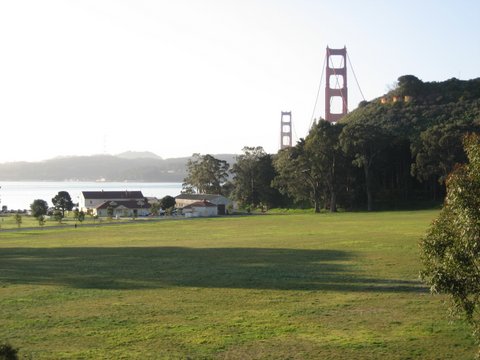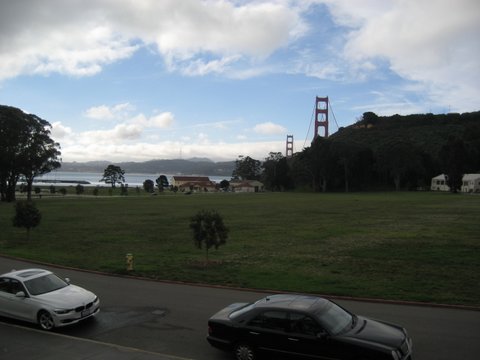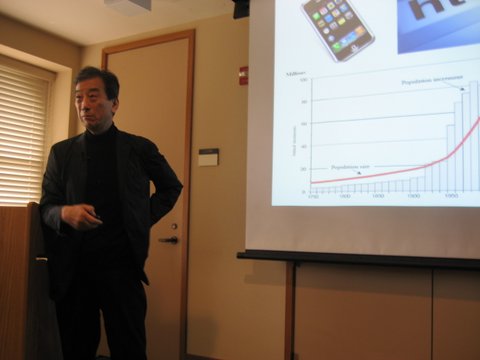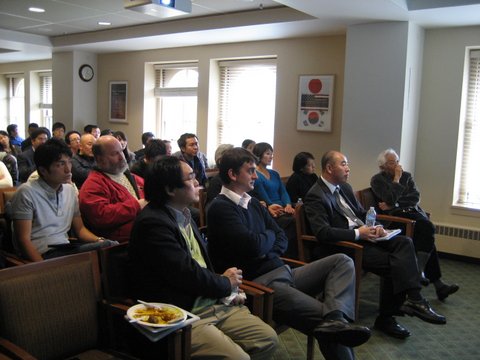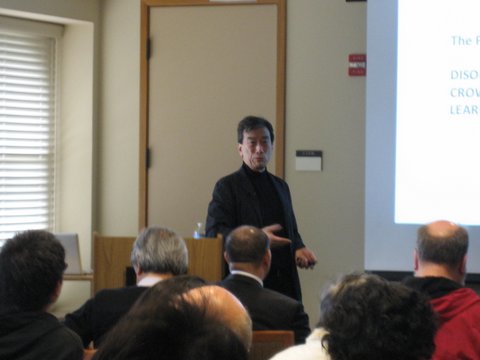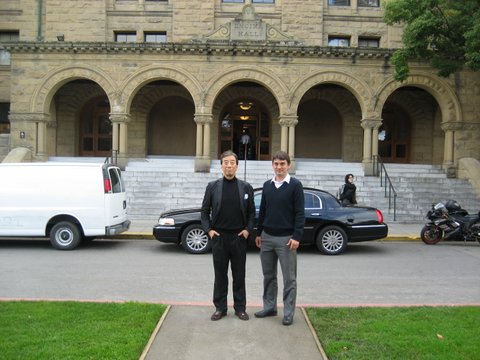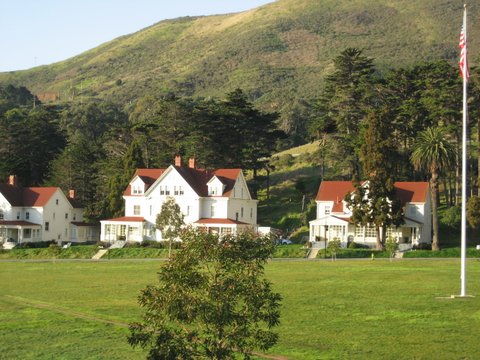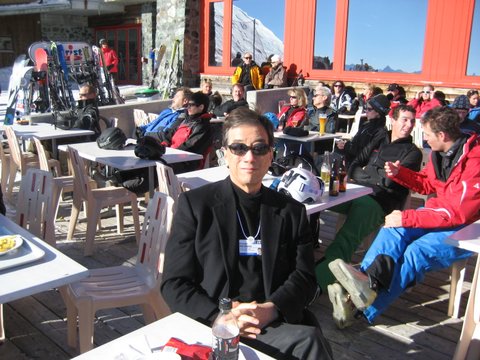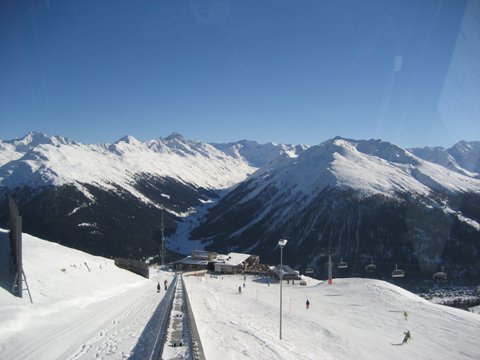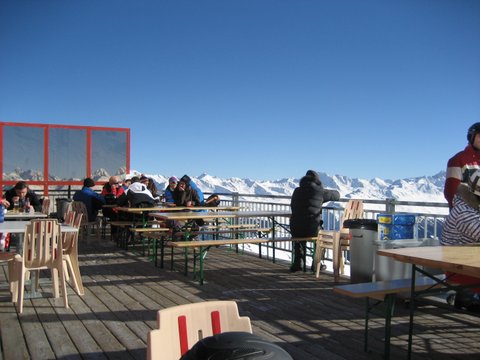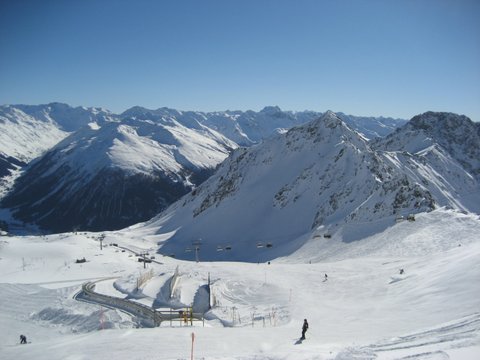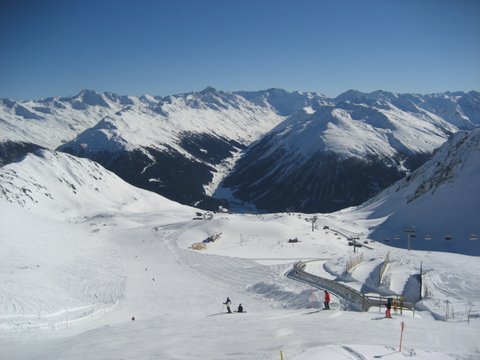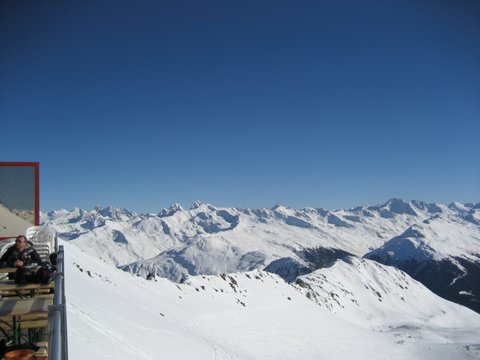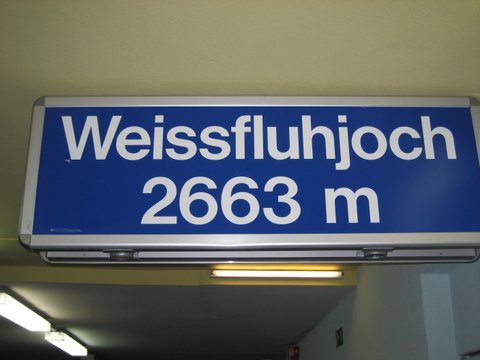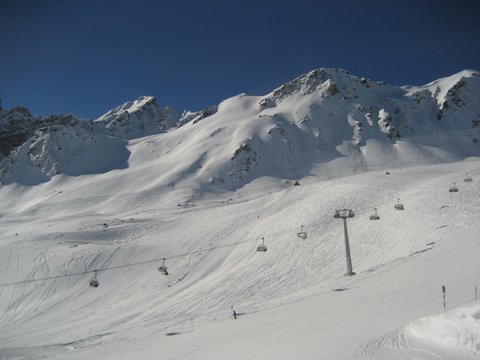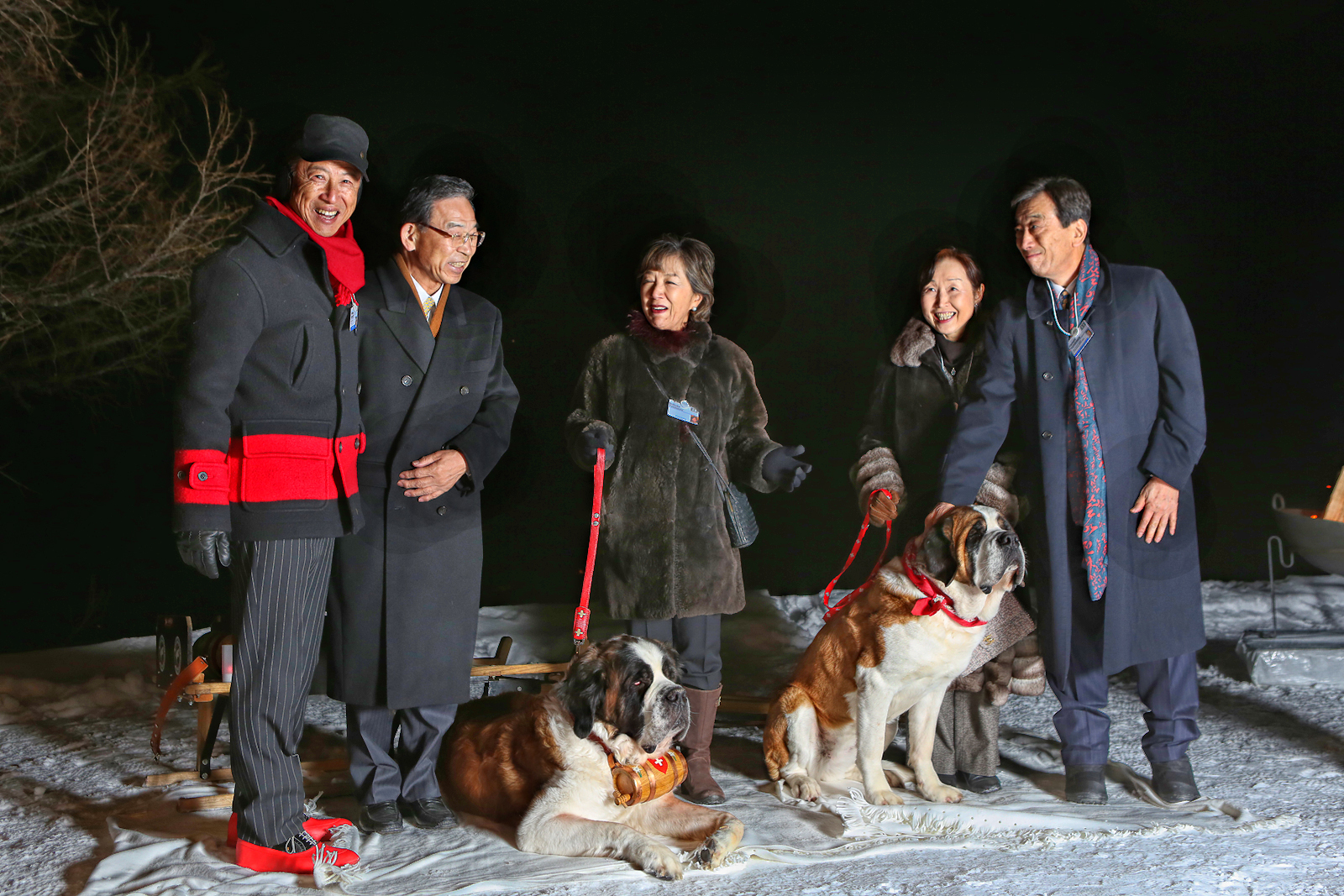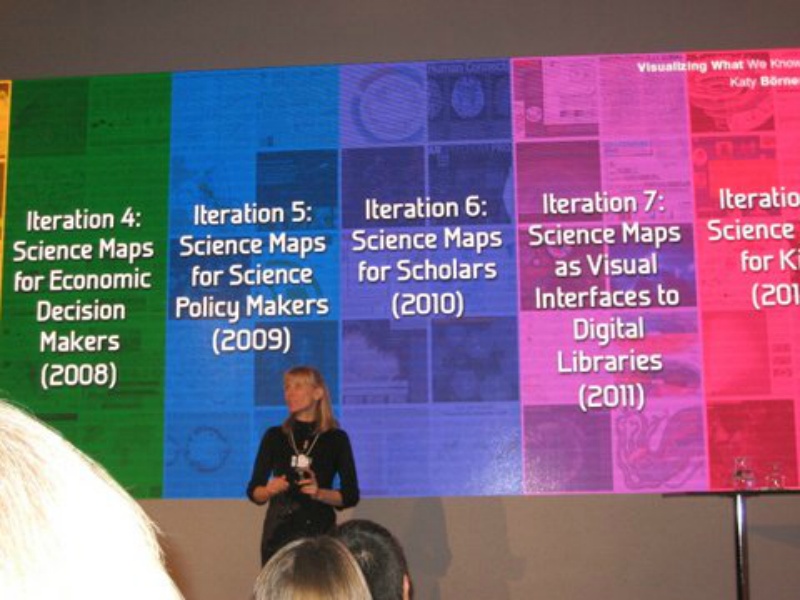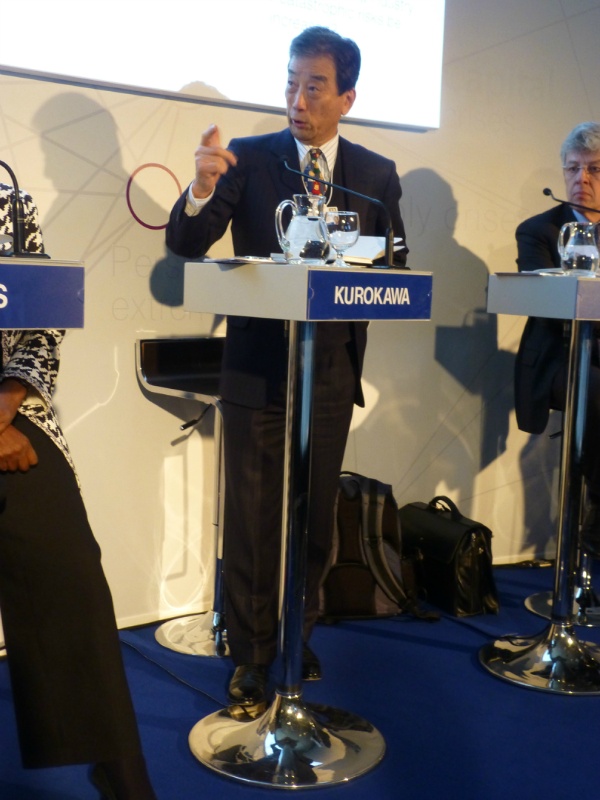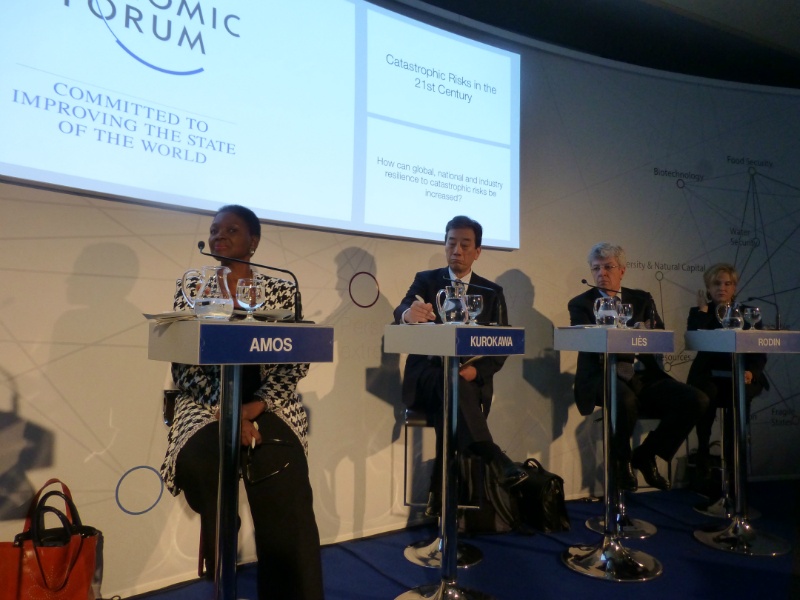In June of this year, the Japanese government will hold the TICAD5 (Tokyo International Conference on Africa 5) (in Japanese). At the TICAD4 five years ago, the Health and Global Policy Institute (HGPI) was able to develop many ties (1, 2).
These past ten years, I have had many opportunities to be involved with Africa. Many pages will come up if you search “Africa” on this website.
As one of the activities in preparation for the TICAD5, the Health and Global Policy Institute (HGPI), in partnership with the Japan Center for International Exchange (JCIE) (1) will hold a series of five seminars on Africa. The theme is how Japan should work with Africa, which has many problems but is developing.
The first seminar (in Japanese) was a discussion moderated by the new Chairman of JCIE Mr. Ken Shibusawa, with myself, as the representative of HGPI, and Shigemi Sato, who connects Japan and Africa through businessmen.
Many young people came and we had a pleasant and meaningful time.
It is important that this kind of series will make more people think about the perspective of “Africa and Japan in a global world,” and also raise awareness of what Japan can offer to the world.
Since 1960 onwards, Japan has given much development assistance to many developing countries in Asia. Dr. Murakami of HGPI recently wrote a review of the Japanese ODA policy in the Harvard Asia Quarterly. Such research is important when considering the future of Japan’s international policy.
Following these past twenty years of the global era, it is important to think broadly with everyone about what kind of policies we should implement. There should be more opportunities for diverse business in the future.
In the twenty-first century, the world is changing in an unpredictable way, moving into a precarious era. We must learn from the past, watch the world carefully, as well as have a sense of how Japan is viewed from the world.
